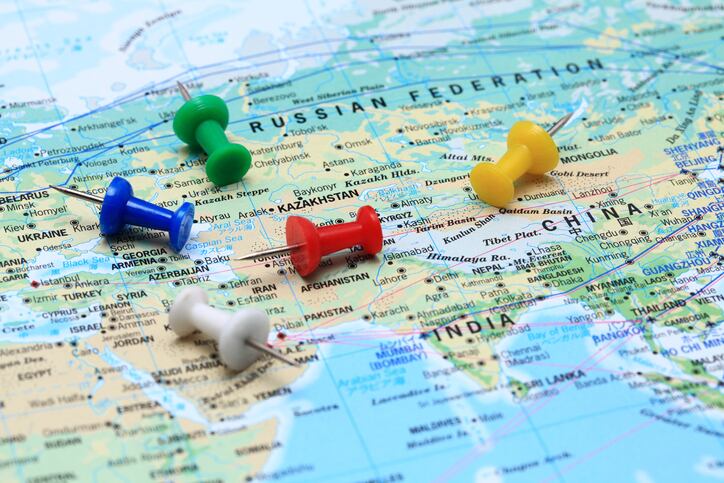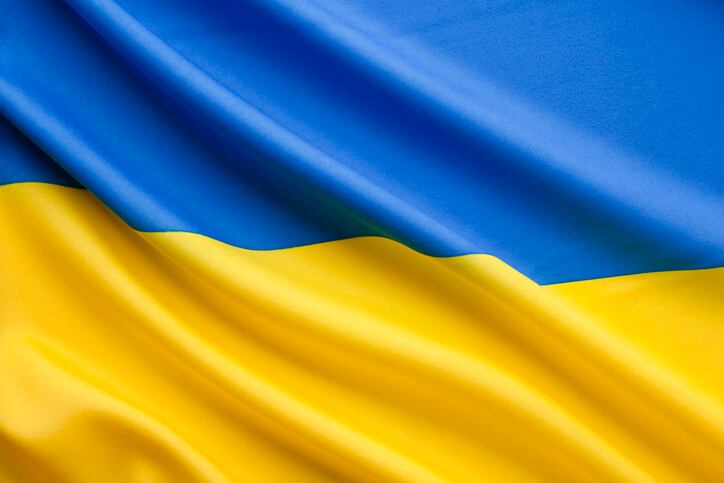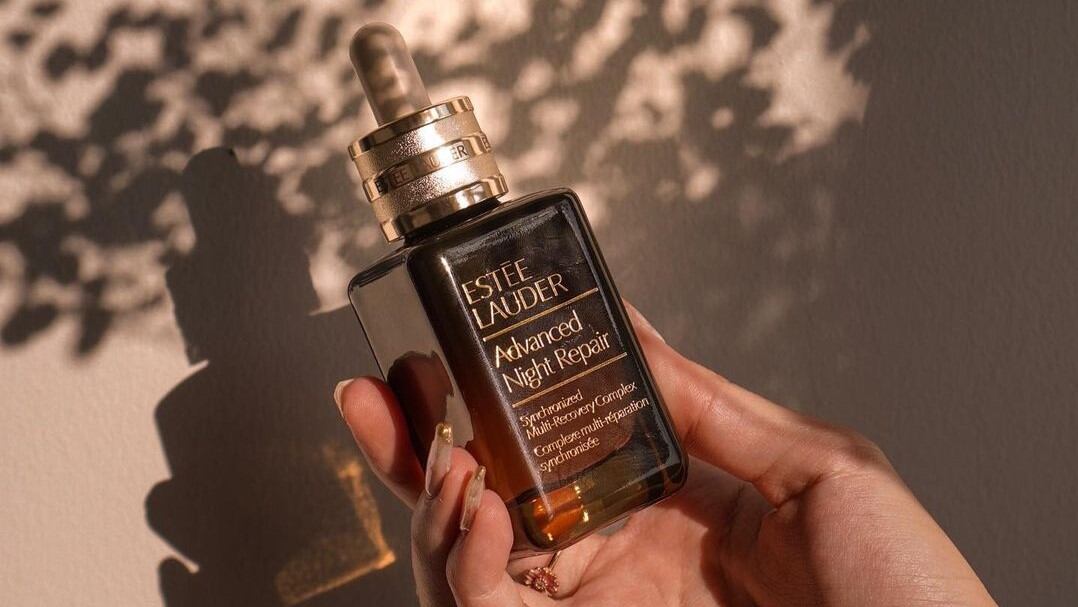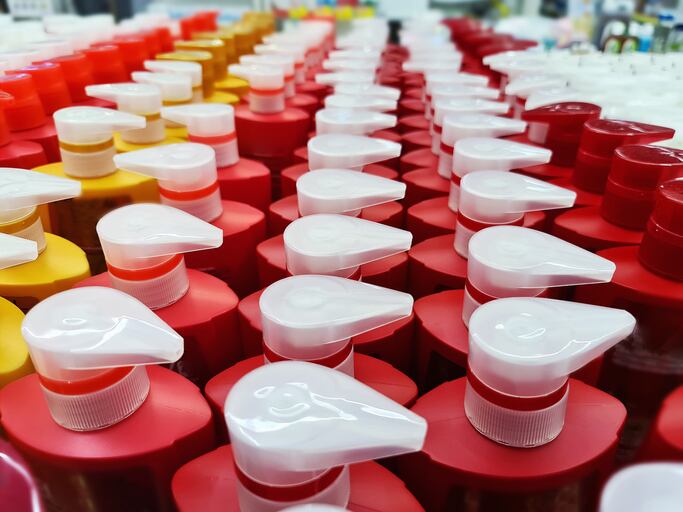Last month, Russia began a military invasion of Ukraine – escalating the conflict between both countries that began back in 2014. In the wake of the ongoing crisis, many Western businesses, brands and federations had started pulling out of Russia, cutting ties with the country. Visa, Mastercard and American Express had suspended operations; McDonald’s had temporarily closed all Russian restaurants; the Union of European Football Associations (UEFA) moved its Champions League final from St. Petersburg to Paris; the Volkswagen Group had halted car exports into Russia and halted all production in the country; and Disney had paused all upcoming film releases and wider business in Russia.
In beauty and personal care, several* major brands and retailers had also cut business ties with Russia. The Estée Lauder Companies closed all stores and operations earlier this month; LVMH also announced the temporary closure of all Russian stores; Chanel shuttered all boutiques and suspended e-commerce; L'Oréal said it had temporarily closed all stores and would suspend investments; and Sephora stopped all brick-and-mortar and e-commerce operations in the country.
Personal care major Henkel froze advertising spend and future investments in Russia but said it would still supply essentials to Russian consumers. Similarly, Unilever suspended all imports, exports and advertising in the country but said it planned to maintain essential supplies to Russians.
‘Drastic but necessary’ moves
Lia Neophytou, senior health and beauty analyst at GlobalData, said these major decisions shut down operations and freeze investments in Russia were “drastic but necessary” given the evolving complications of doing business in the country, coupled with potential backlash from consumers worldwide.
According to GlobalData, Russia accounted for 1.9% of the total estimated value of global cosmetics and toiletries in 2021 – the 11th largest market by value in the world. According to estimates, LVMH generated 6.6% of its 2020 sales in Russia (an estimated €272m) and Henkel totted up 5.3% of total 2020 sales in the country (an estimated €363m).
Speaking to CosmeticsDesign-Europe, Neophytou said that for those beauty and personal care brands opting to continue supplying essentials into Russia – Unilever and Henkel being just two current* examples – future operations would not be straightforward.
“Russia’s business environment is challenging at present, with sanctions limiting forms of payment and rising inflation further squeezing consumer’s disposable incomes,” she said. “This will challenge brands which have not pulled out of Russia, including those continuing to supply essentials.”
Communicate brand stance on Russia ‘publicly’
Neophytou said for these brands maintaining business in or with Russia, it would be “particularly critical” to remain clear and concise with public communications.
“It is in the best interest of brands to transparently communicate their stance publicly to mitigate confusion (…) It is vital for brands to inform consumers of their decisions and the reasons behind them to maintain loyalty.”
She said that this was especially relevant today as consumers worldwide, including beauty consumers, were increasingly knowledgeable and had far-reaching access to company ownership and operating decisions online, enabling “more informed choices” when shopping.
GlobalData research, for example, suggested 41% of global consumers were prepared to boycott a brand that did not align with their personal beliefs and values, so Neophytou said brands had to recognise how important consumer engagement and communication was.
“While not all consumers set out to purchase only from brands with identical political stances and views to their own, they are able to easily switch brands with little impact to their daily lives if they deem necessary,” she said. “Brands that recognise this power are in turn attempting to align with mainstream consumer sentiment to mitigate risk of boycott.”
*Beauty and personal care companies that had ceased or altered Russian business correct at date of publication 22-03-22.




